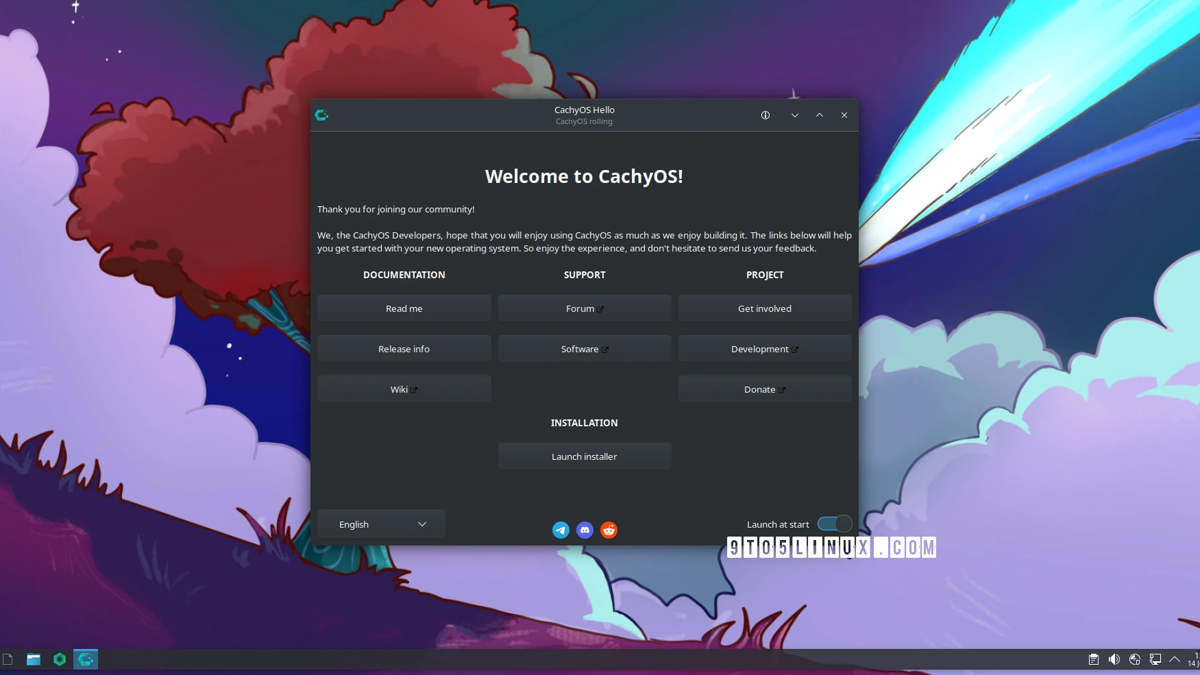A new CachyOS snapshot for July 2024 is out today with various improvements and some exciting new features, especially for AMD users, as well as the usual bug fixes and other changes to improve your experience.
Starting with this release, CachyOS will automatically enable a software repository on new installations that will be used to provide the best performance for AMD Zen 4 and Zen 5 machines. In addition, the ISO now features automatic architecture checks for the Zen 4/Zen 5 repository and CachyOS’s hardware detection tool (chwd) received support for AMD GPUs for better detection of official ROCm-supported GPUs.



What is it? Even the article does not say
It’s a customized Arch Linux. Basically manjaro, but with
XFSBTRFS file system (as mentioned in the release note )It used to default to XFS, according to ZDNet
It defaults to BTRFS with more recent releases
Thanks for pointing out. I’ve edited the comment
They also ship ZFS out of the box, which makes their kernels my go-to solution for the systems I want to boot off ZFS.
It also compiles packages with newer architecture feature support than mainline arch. All of its packages are compiled for x86_64-v3 and x86_64-v4, as compared to the x86_64-v2 of standard arch. This improves performance at the cost of older CPU support